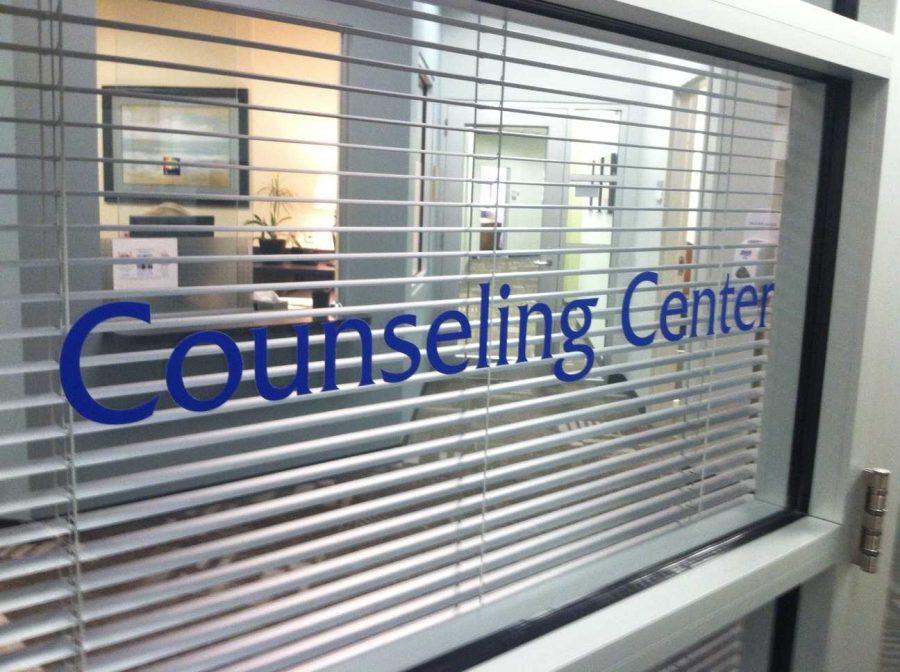Sleep, one of the most basic and important needs to maintain a healthy self, is often the one aspect of life that college students struggle with.
Swamped with other duties, many students fail to prioritize sleep. Whether it be a social event, homework, or a large group project due at midnight, sleep usually has low priority. Sleep is one of the most important things to fuel your body. It allows your body to rest and recharge, leaving you refreshed when you wake up.
Many college students take four to five classes, making it extremely important to get as much sleep as possible in order to be awake and alert for classes. According to the American Academy of Sleep Medicine, it is important to get seven or more hours of sleep as an adult. Without this amount of sleep, health risks have a chance of developing.
UNF Recreation and Wellness Director Ashley Ballard told Spinnaker that “about 35% of adults don’t get the recommended amount of sleep, which is usually around 7 hours per night. Essentially, they are sleep deprived.”

Students at UNF, like all people, have varying sleep schedules. Spinnaker conducted a poll on Instagram to gauge students’ thoughts. 79% of UNF respondents said they do not get enough sleep with many commenting that their sleep schedules are inconsistent.
“I have a really bad and inconsistent sleep schedule. On most nights, I’ll get a maximum of six hours of sleep. Sometimes, I won’t go to bed until 4 or 5 a.m.,” Mica Kondo-Chatlos, a sophomore at UNF, explained. When asked what keeps her up all night, Mica said, “Studying keeps me up sometimes, especially if I have an assignment due in the morning, but I am usually up all night pacing.”
Working a job while simultaneously attending UNF, another student said that “My sleep schedule can be a little hectic. I sometimes go to bed around 3 because homework that I need to finish after work. I also need to be up every day by 8-9 a.m.” When asked about what keeps them up at night, they said that their sleep schedule depends heavily upon when they can get homework done.
Ballard recommends a few tips to help with maintaining a healthy sleep schedule. First, simple as it sounds, is to sleep when you are sleepy. The second tip is centered around the sleep environment. “You want to sleep in a cool, quiet, dark place,” Ballard said. She also recommends that “having a good, hot bath, one to two hours before bed helps to raise your body temperature, and when your body temperature decreases, it’s associated with sleepiness.”
Ballard’s final tip is to avoid any stimulating activities 45 to 50 minutes before bed.
Many students use sleep aids such as melatonin to help them sleep. However, Ballard recommends building a natural sleep pattern because you could become dependent on sleep aids otherwise.
If a student is using sleep aids on an everyday basis, Ballard recommends reaching out to a primary care doctor or a sleep specialist.
___
For more information or news tips, or if you see an error in this story or have any compliments or concerns, contact editor@unfspinnaker.com.















